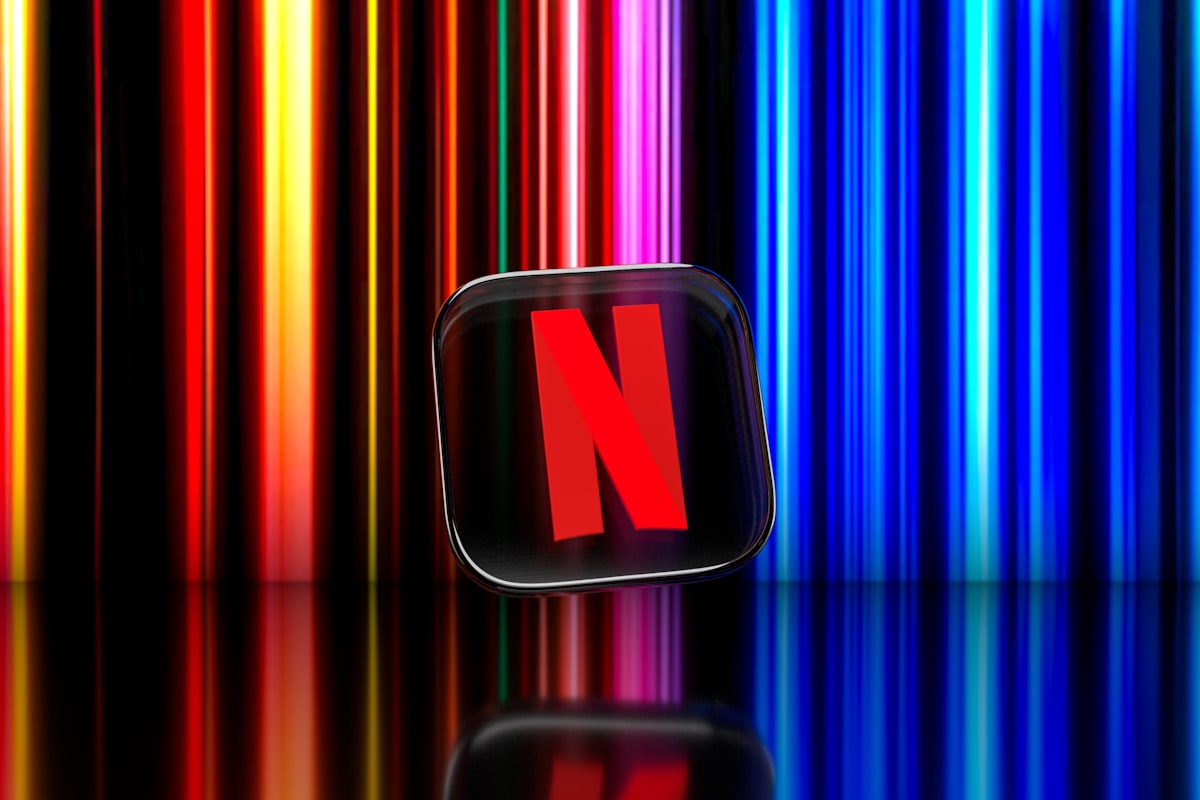Netflix Can Make More Money With Password Sharing

There's been an uproar online since Netflix's plans to block "password sharing" leaked. And it feels pretty justified.
In an attempt to make shareholders happy with their plateauing growth, Netflix has decided to squeeze more out of the users it already has. First came the ad tier that's slightly cheaper but you're forced to watch ads. A decent idea that could attract some new users. But in the background they've been working on cracking down on "password sharing".
From Netflix's point of view, users sharing their password with friends are stealing a potential subscription away from them. They claim that there are 100 million households who aren't paying for subscriptions. If those eventually got their own plans that's anywhere between $8.3 to $23 billion extra each year.
But these aren't just about your old roommate still using your Netflix account. Based on the leaked guidelines someone who's been away from home for more than a month is now stealing and needs to pay. Parents having their child at college using their account is stealing and needs to pay. Someone who travels frequently might just get locked out completely.
It's a poorly thought-out system that has led to a predictable backlash. And Netflix is not in the position to tell anyone "if you don't like it then leave". The streaming landscape of 2023 is vastly different than just a few years ago.
Streaming Competition

With the proliferation of streaming services in the past few years we're spoiled for choice. There are probably too many streaming services. It's become common to subscribe to services only when they have something you want to see and then cancel. And with these changes, Netflix has put itself in the target.
It's no longer the $7.99 subscription you can forget about because it's so cheap. It can cost up to $19.99 now. Their cheapest plans don't even give you 1080p support. You're already paying to have multiple screens but now those screens must be in the same house.
Their catalogue has also declined from competitors taking content away and their originals not capturing the zeitgeist as often as they once did.
It's not as essential as it once was. And it's not as easy either.
Netflix became so ubiquitous because of its ease of use. It provided a superior experience to free content you could get through torrents. It was an impressive feat. But these user-hostile changes will diminish that advantage. Piracy suddenly looks a lot more attractive again. Especially if you only want to see the occasional bit of Netflix content.
What are the odds of 100 million new subscribers being generated from this change? I'd say very low. There are too many alternatives in 2023 and easy ways to access their content if you really want to.
Wall Street firm Cowen estimated that Netflix could add nearly 15 million paid sharers and 1 million new members in the U.S. and Canada in 2023. About $721 million in annual revenue. That region represents about half of Netflix's revenues so globally it could generate about $1.5 billion. And that's with a cheaper shared account option which hasn't been mentioned in the leaked guidelines. Requiring full plans would likely be even less.
What's the solution?
Rather than wringing more out of its customers Netflix could instead be maximising the revenue from its content. Their adherence to streaming-only releases seems worse with each passing year.
“I’ve seen the data… A movie that opens in theaters perform five times as well as when it goes directly to streaming..” - David Zaslav
Last year they experimented with a limited theatrical release with Glass Onion. In one week with a handful of screens, only in major cities, made $15 million.
This is what one insider had to say about its potential with a traditional release.
“Wide releases make most of their money from their top 1,000 screens,” says David A. Gross, who runs the movie consulting firm Franchise Entertainment Research. “With a strong marketing campaign and a big, wide release, the sequel would have opened in the low $30 million domestically and made $300 million worldwide.”
With a budget of $40 million and assuming the usual 2x budget to break even, that would've been $220 million in profit. Even at 2.5x budget that'd be $200 million. The original Knives Out made $311 million so there's a good chance Glass Onion could've made even more with the great critical reception.

This is just one example but done over the year with 5 to 10 mid-budget movies, Netflix could add 1-2 billion to the balance sheet with content they're already making.
Instead, Netflix spends 100s of millions producing movies that have little cultural impact. They may keep some subscribers but no one is signing up to Netflix just to see The Gray Man. No one is cancelling their subscription if The Gray Man was released a few months earlier in theatres. In fact it lost the number one spot on Netflix just 8 days after its release to a low-budget rom-com.
Netflix has long said that it prefers to gain new subscribers rather than box office revenue. But studies have found that streaming movies are actually more likely to be watched after having a theatrical release. So much of Netflix's content is released into the void never to be discussed. Producing content is always a risky bet but they could be more strategic in the content they decide to make, how much they spends, and how they market that content. Theatrical releases would be an easy win to both promote and profit off of content before then driving subscribers to the platform for it's digital release.
Netflix is choosing to leave this money on the table and instead accusing its paying customers of stealing for much smaller returns.
And in their own words.
Love is sharing a password.
— Netflix (@netflix) March 10, 2017




